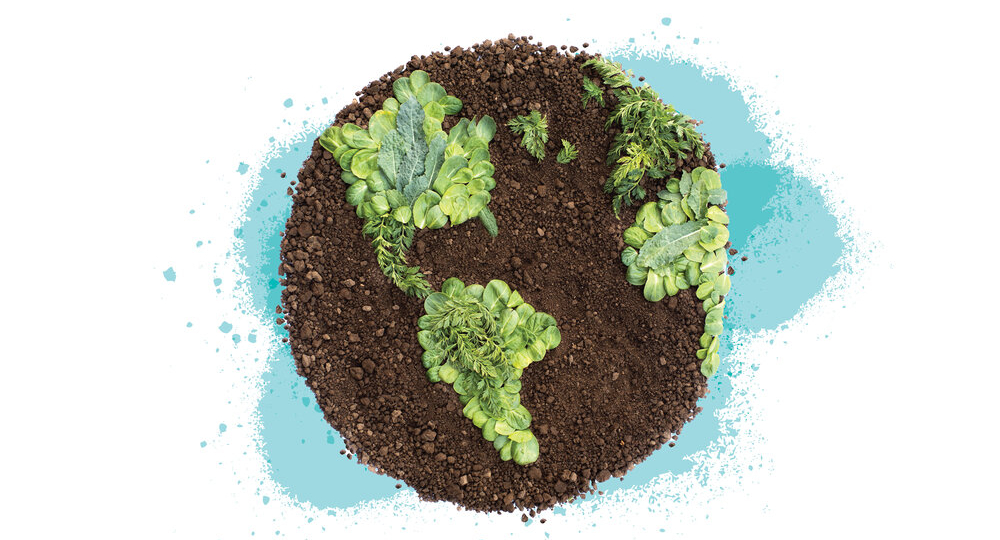
Salzburg Process on the Climate Emergency and the Future of Food: Transformation for a 1.5C World.
Published on:
June 18, 2020
During a year of concerted global action on climate, many CCRP grantees and key global partners have helped shine a light on how climate and food system communities can collaborate more at this critical time and catalyze new ideas. This spring, CCRP cross-cutting grantees, the Global Alliance for the Future of Food, and Meridian Institute, along with the Salzburg Global Seminar, brought together 350 diverse changemakers, experts, and leaders from local to global levels for a virtual gathering called the Salzburg Process on the Climate Emergency and the Future of Food: Transformation for a 1.5C World. The process began with the virtual gathering and will continue over the next several months with developing a shared action framework to influence decision makers.
In this critical year of action for climate, the Salzburg Process will allow us to maintaining momentum to achieve the following core objectives:
- Create a space to bridge divides between sectors, geographies, and generations, helping to create connections and forge alliances for transformation
- Co-create a shared action framework, identifying shared priorities and opportunities for transformation across sectors, scales, and processes
- Accelerate the urgent actions, investments, and policies needed to transform food systems holistically and systemically
Because of COVID-19, event organizers were forced to quickly pivot from the originally conceived face-to-face convening to the virtual format, which took place April 21–May 6, 2020. The initial kickoff featured prominent global speakers Cynthia Rosenzweig, NASA Goddard Institute for Space Studies; Francesco Branca, director of the department of nutrition for health and development for the World Health Organization; Ndidi Okonkwo Nwuneli, founder of LEAP Africa and co-founder and managing partner of Sahel Consulting; and Pavan Sukhdev, CEO of GIST Impact and president of WWF International. Thereafter, facilitators led deep-dive discussions into five hot topics: nature-based solutions, transitions, sustainable and healthy diets, industrial livestock production, and food loss and waste. Participants discussed possible levers of change and used their exchanges to inform a shared action framework.
Salzburg Process organizers will next focus their attention on three milestone events taking place in the next 18 months: the Convention on Biological Diversity in China, the UN Framework Convention on Climate Change in the UK, and the UN Food Systems Summit in 2021. The collective hope is to leverage these events and other opportunities to accelerate the urgent actions, investments and policies needed to transform food systems holistically and systemically.